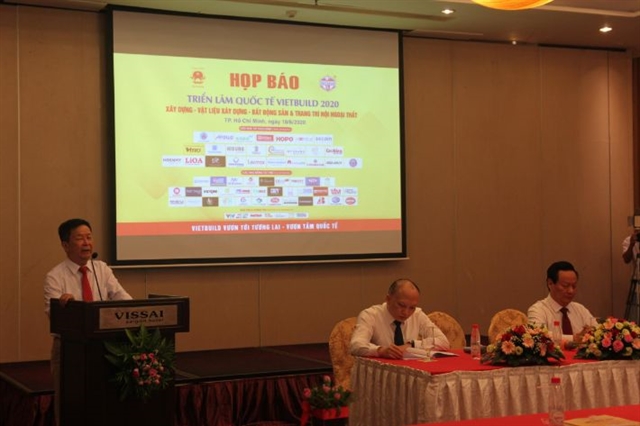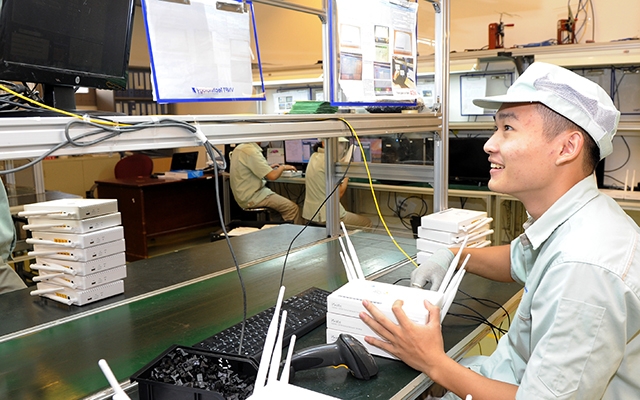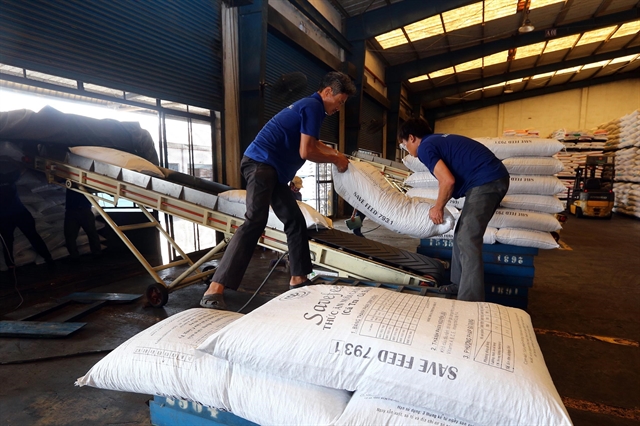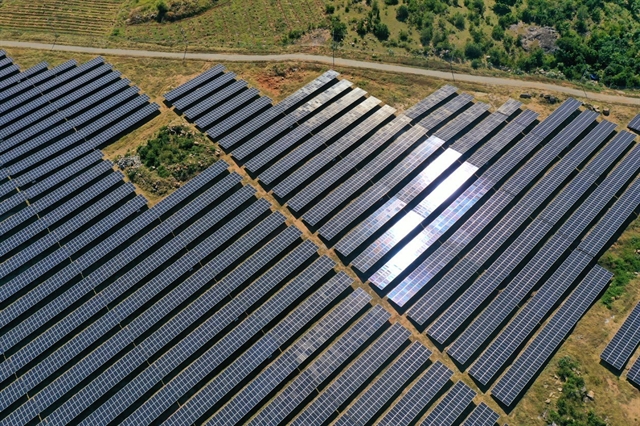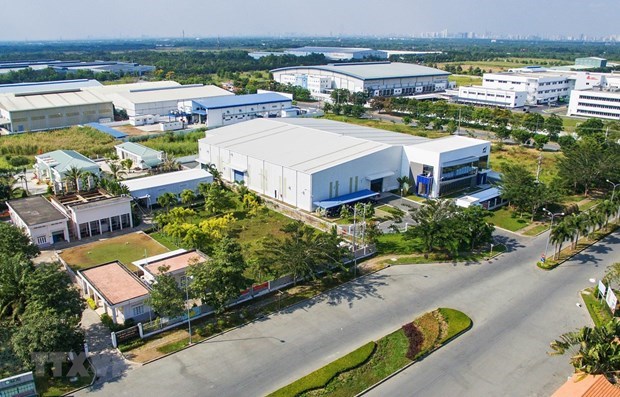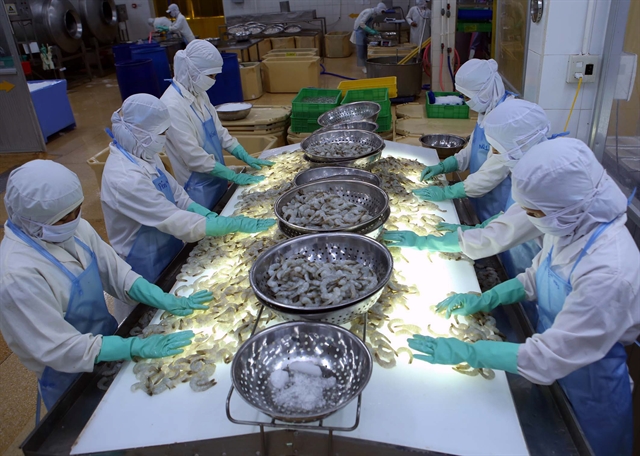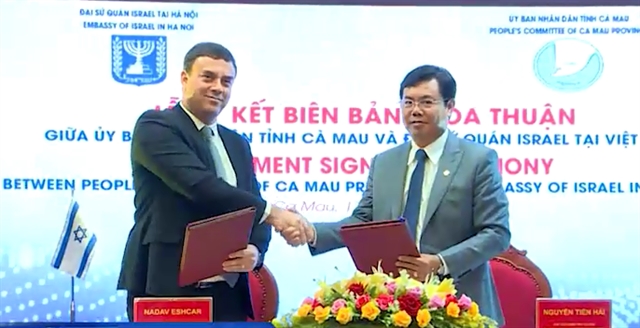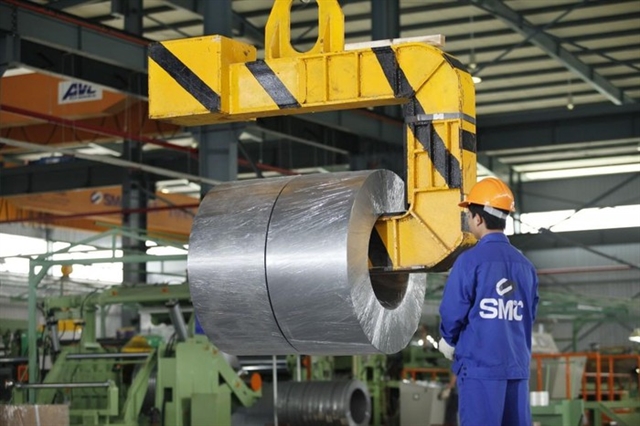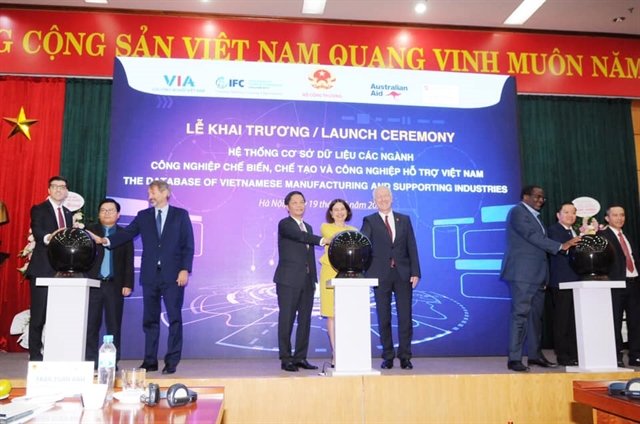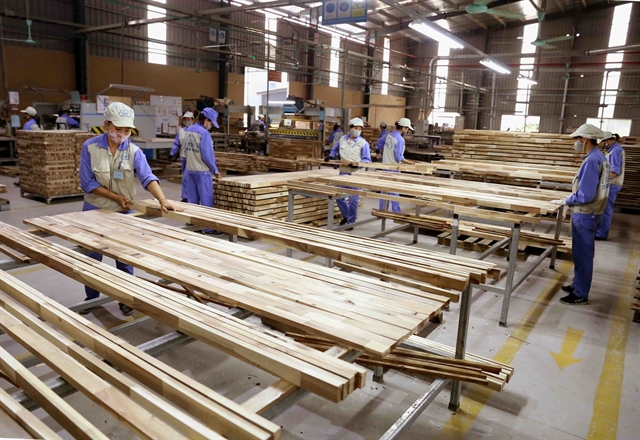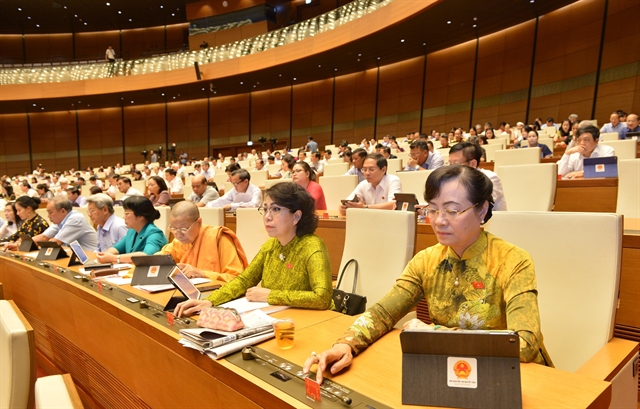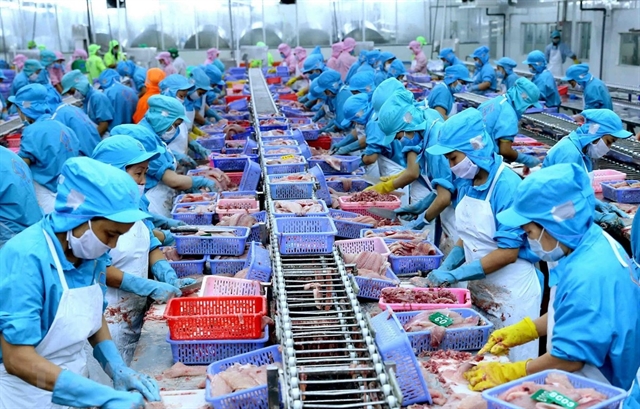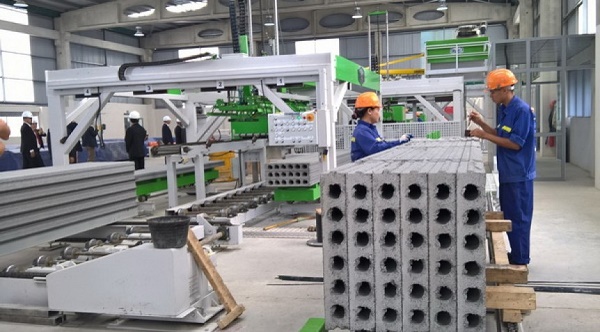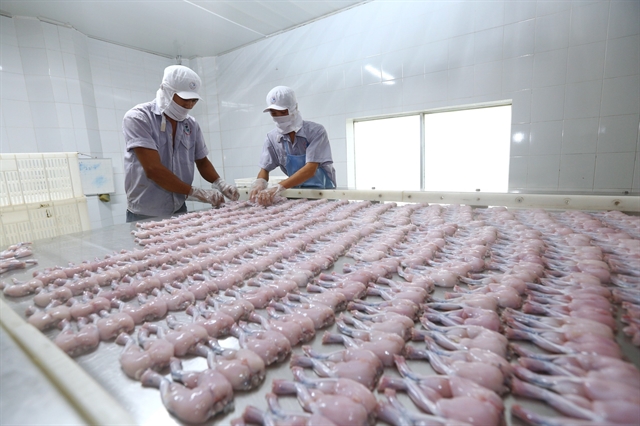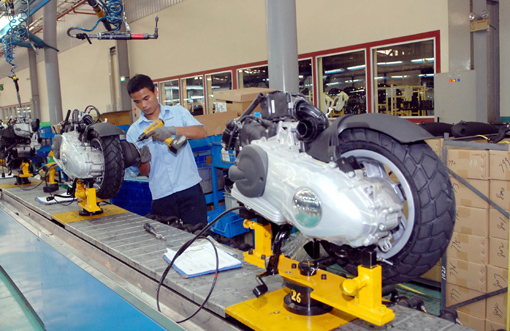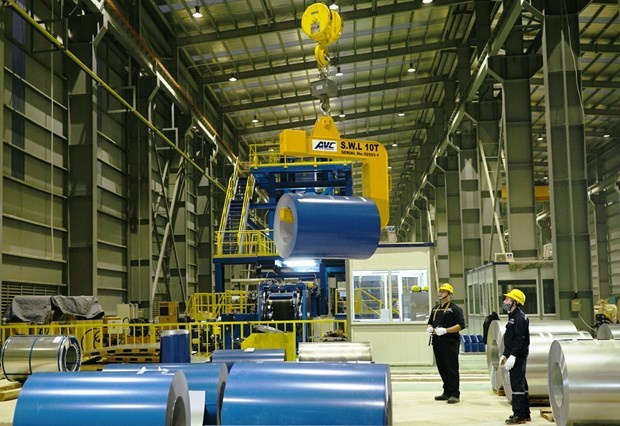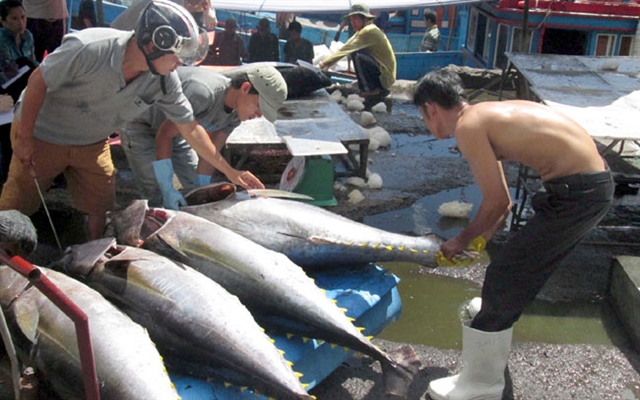
HCM CITY — The European Union will eliminate tariffs on fresh and frozen Vietnamese tuna products, with 11,500 tonnes of canned tuna and 500 tonnes of canned fish balls exempted annually, once a free trade pact the two sides have signed comes into effect possibly in August.
Once the European-Việt Nam Free Trade Agreement (EVFTA) takes effect, the bloc will immediately remove tariffs on frozen tenderloin and fillet under a three-year roadmap and on steamed tenderloin and fillets under a seven-year roadmap.
The signing of the pact is expected to create an enormous opportunity for the Vietnamese tuna industry to gain access to new markets by helping them get tax breaks and thus compete with rival companies from other countries such as Thailand and China.
While neighbouring countries are major competitors for Việt Nam and have a large share of the EU market, they have yet to sign any FTAs with the bloc.
According to the Việt Nam Association of Seafood Exporters and Processors (VASEP), the pandemic situation in major export markets remains unpredictable.
It called on local businesses to keep a close eye on the global market to make appropriate adjustments since consumers’ incomes are affected and there is a new trend of looking for cheaper alternatives like canned tuna.
Vietnamese tuna products mainly compete with those from Ecuador, Thailand, Indonesia, and the Philippines.
Since Việt Nam is considered to have reached the “maturity” level in seafood exports under the Generalised System of Preferential, a preferential tariff system, on January 1, 2014, it lost preferential treatment.
According to statistics from the General Department of Customs, in the first four months Việt Nam’s tuna exports to the EU fell by 7.2 per cent year-on-year, while canned tuna exports increased by 2.7 per cent.
The National Assembly ratified the trade pact on June 8.
The EVFTA, considered the “most modern, comprehensive and ambitious agreement ever concluded between the EU and a developing country,” will abolish almost all tariffs between the two sides over the next 10 years. — VNS


